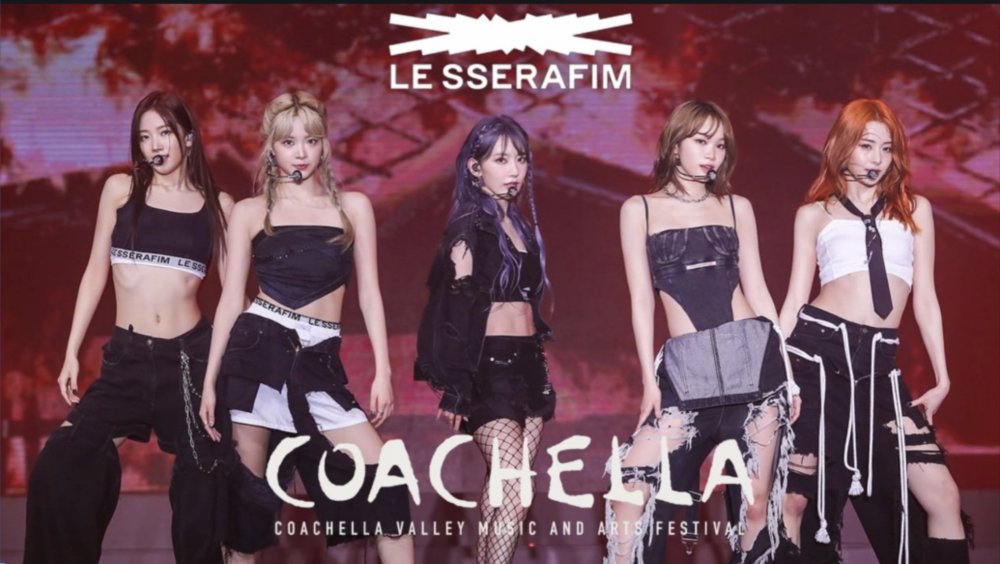
The excitement was palpable when it was announced that LE SSERAFIM and ATEEZ would be headlining Coachella, the largest music festival in the world. This annual event invites a diverse range of artists to perform, drawing massive crowds each year, eager to witness performances from their favorite acts and discover new ones. Fans of both LE SSERAFIM and ATEEZ were thrilled at the prospect of seeing these popular groups on such a prestigious stage, and social media buzzed with anticipation.
However, not everything was rosy and praiseworthy. Despite the overwhelming enthusiasm from fans, the announcement also sparked some harsh critiques. Critics argued that the inclusion of these acts represented a shift in the festival's focus, questioning whether the decision was driven more by commercial interests than by musical diversity or artistic quality. Some long-time festival-goers lamented what they saw as a move away from Coachella's roots, expressing concerns that the festival was becoming too mainstream and losing its unique identity. Others pointed out logistical concerns, such as how the addition of these acts might affect the overall schedule and the experiences of attendees.
Anticipated Performances: Fans were ecstatic to see groups like The Rose, BLACKPINK, and aespa perform at Coachella in previous years, setting high expectations for K-pop acts. This year, however, sparked significant debate due to the noticeable differences in live singing between LE SSERAFIM and ATEEZ. While ATEEZ garnered widespread acclaim for their outstanding live performance, LE SSERAFIM faced criticism for their vocal abilities. The disparity in feedback has fueled discussions among fans and critics about the importance of live performance skills in the K-pop industry.
Mixed Reactions: ATEEZ received widespread praise for their dynamic and impressive performance at Coachella, earning accolades from both fans and casual observers. In stark contrast, LE SSERAFIM faced significant criticism for their live singing abilities. The scrutiny intensified after group member Sakura asserted on social media that their Coachella performance was among their best, despite technical issues such as overpowering bass. This disparity in reception highlighted ongoing concerns about the group's live performance capabilities and sparked further debate among fans and critics.
Environmental Challenges: Some fans defended LE SSERAFIM, citing the intense heat, dust, and jetlag as reasons for their performance issues. However, ATEEZ managed to perform well under the same conditions, adding to the controversy.
Industry Critique: The performance issues have led to broader questions about the live performance abilities of fourth-generation idol groups. Many fans and industry observers have noticed inconsistencies in live performances, raising concerns about whether these young artists are adequately prepared for the demands of the stage. This has sparked widespread debate among netizens, who argue that these groups need more rigorous training before debuting.
Critics point out that, unlike their predecessors, some fourth-generation idols seem to struggle with aspects such as vocal stability, stage presence, and choreography execution during live performances. They argue that the fast-paced nature of the current music industry, which often prioritizes quick debuts and frequent comebacks, might be compromising the depth and quality of training that new idols receive.
This discussion has brought attention to the training systems employed by entertainment companies, with many suggesting that extending the training period could help improve the overall performance quality. Some fans also believe that a more comprehensive approach to training, encompassing not only singing and dancing but also aspects like stamina building and live performance techniques, would benefit these young artists.
On the other hand, supporters of fourth-generation idol groups contend that despite these issues, the idols bring fresh energy, innovation, and diverse talents to the industry. They argue that with time and experience, these groups will continue to improve and adapt to the rigorous demands of live performances.
As this debate continues, it reflects the evolving expectations and standards within the K-pop industry, highlighting the delicate balance between maintaining a high level of performance quality and nurturing the unique characteristics and talents of new idols.
What are your thoughts on the recent Coachella performances?
 SHARE
SHARE

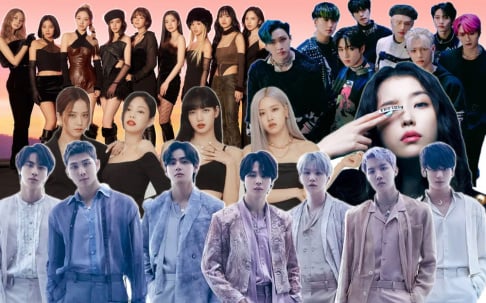





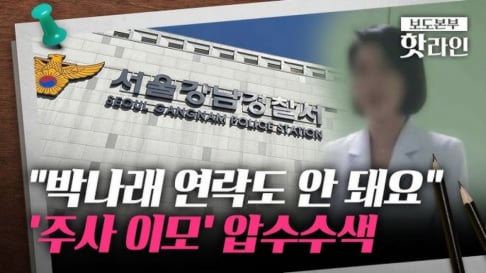


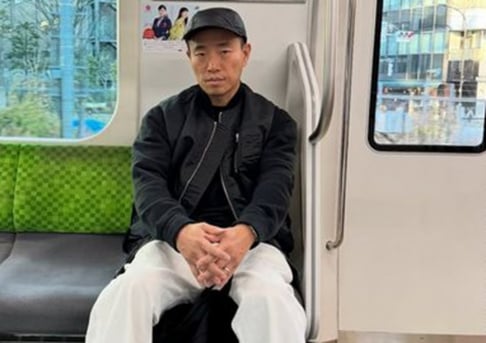

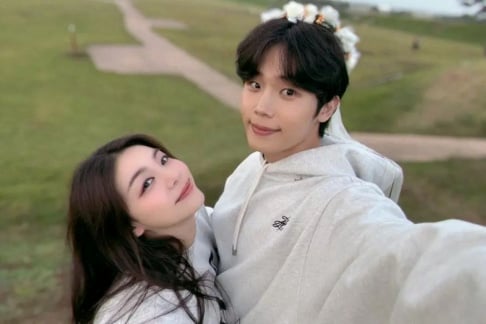
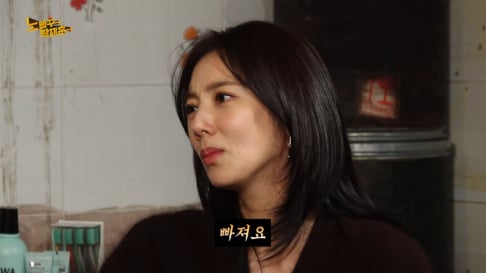

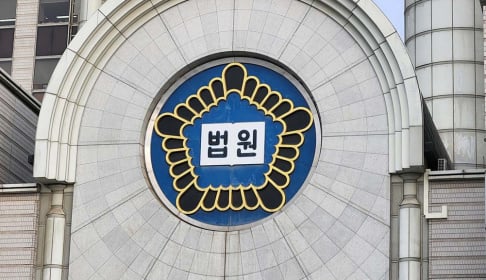
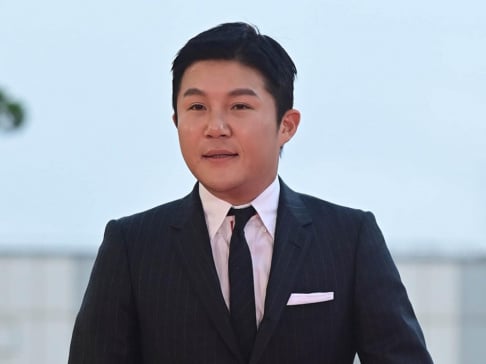





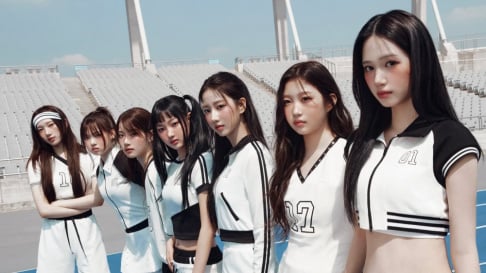







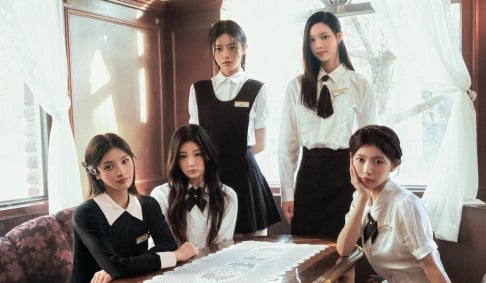
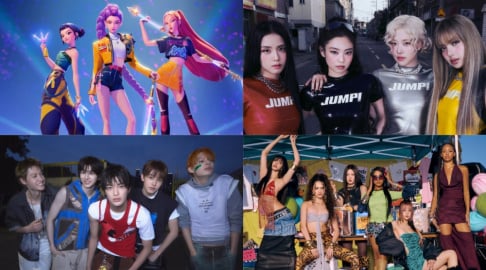

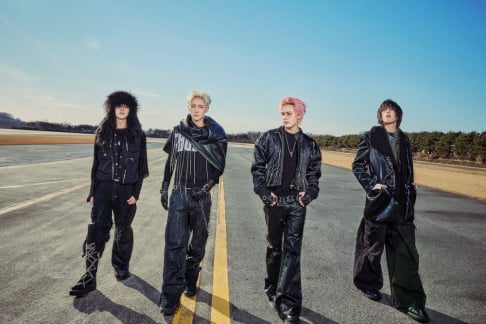
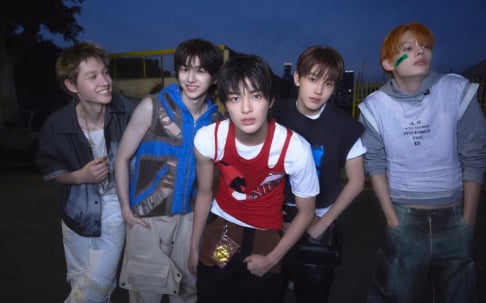
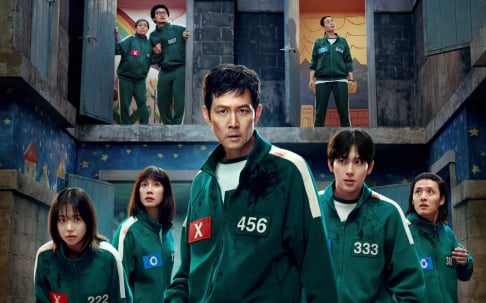
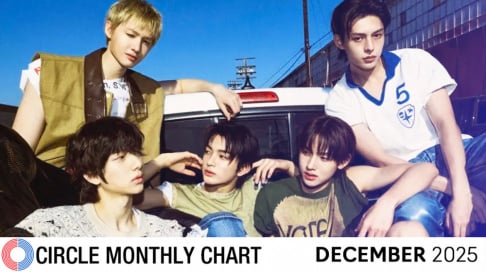
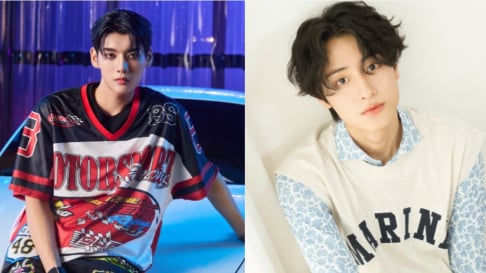
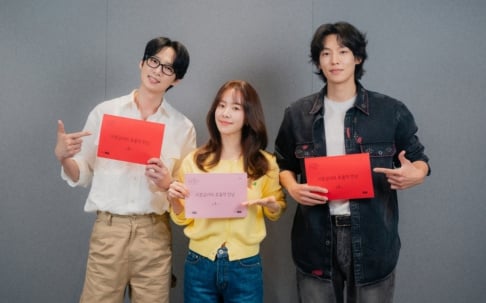






I think critiquing is fine if you are unbiased from the start. But if you don't like them and you critique them, it just comes off as hating.